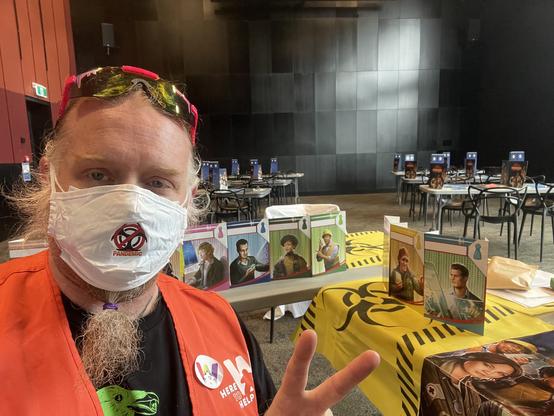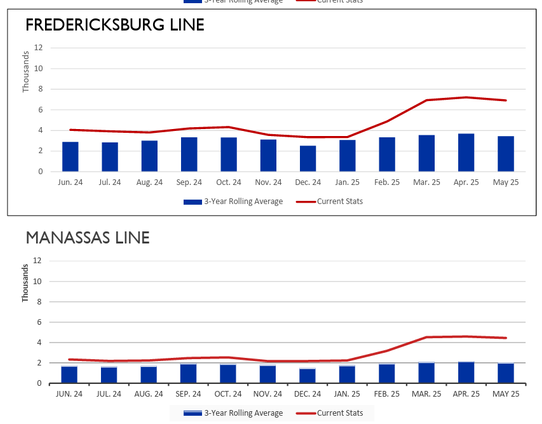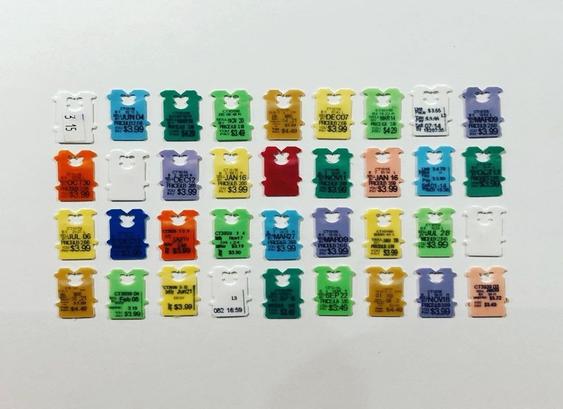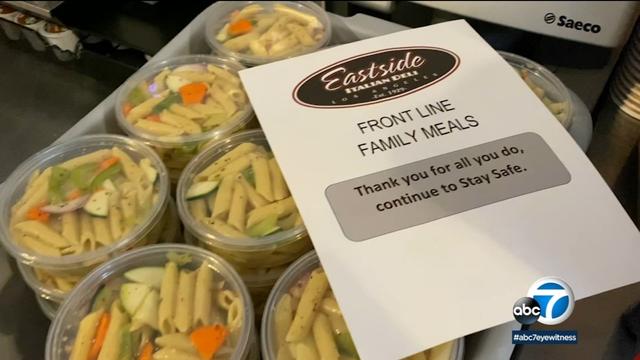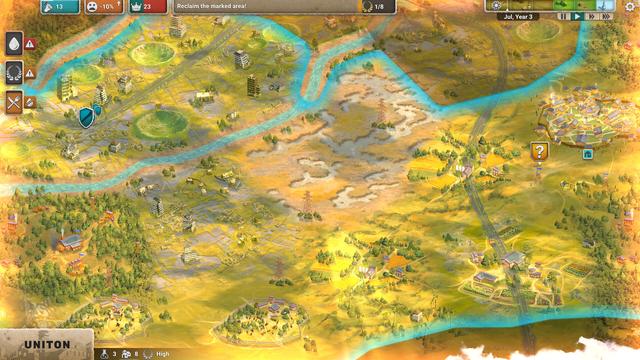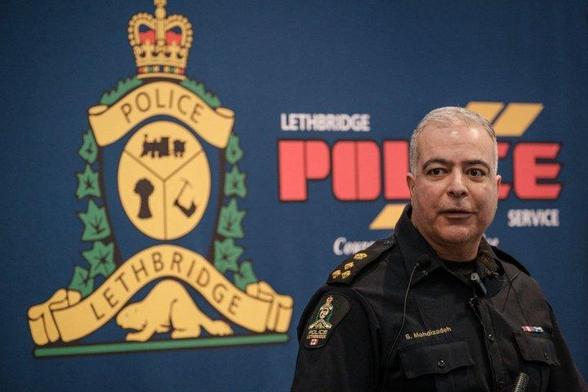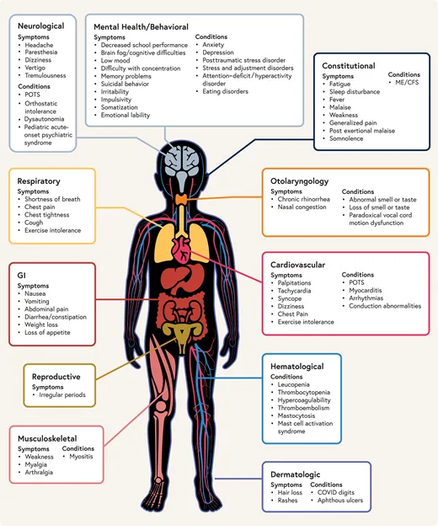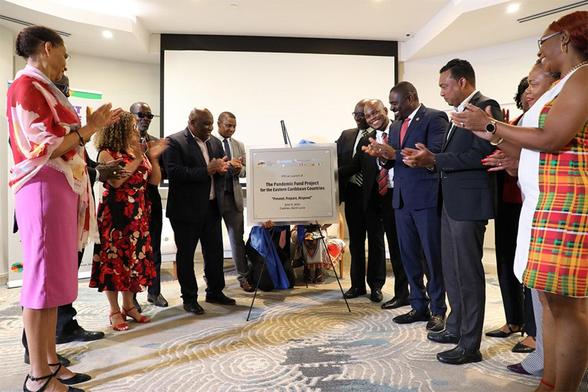The growing politicization of vaccines isn't going to serve the United States well, six former #ACIP chairs warn in an opinion piece in @statnews.com. The result will be more illness and deaths from preventable diseases & an erosion of #pandemic preparedness. https://www.statnews.com/2025/06/20/acip-cdc-vaccine-advisory-committee-chairs-warn-threats-immunization-science-licensure/
#Pandemic
Milk & Bread
A found object collage series
Susan Goldberg
#Collage #Covid19 #Pandemic #FoundObjects #Mothers #Women #Motherhood
#Read all you want! #OpenAccess
#Share generously! #KnowledgeSharing
#Grow your understanding of #Food
#Repeat
https://canadianfoodstudies.uwaterloo.ca/index.php/cfs/article/view/593
MMXX (Music Video)
MEPs demand 18-month Covid recovery loan extension: "Critical investments risk being left unfinished" as time winds down on the EU's #pandemic recovery fund, MEPs have warned. https://www.euractiv.com/section/economy-jobs/news/meps-demand-18-month-covid-recovery-loan-extension/?utm_source=mastodon&utm_medium=dlvr.it
#Covid - Over 2 Million Americans Went 'Missing' During 2020 And 2021
#pandemic #trump #eugenics
https://www.sciencealert.com/over-2-million-americans-went-missing-during-2020-and-2021
Downtown LA’s Eastside Market Italian Deli delivers meals to frontline workers during coronavirus
Los Angeles (KABC) — Eastside Market Italian Deli has…
#dining #cooking #diet #food #Italianfamilymeals ##BeLocalishLA #community #coronavirus #covid19 #EastsideDeli #familymeals #Italia #Italian #italiano #italy #la #LosAngeles #pandemic #service #SmallBusiness
https://www.diningandcooking.com/2132596/downtown-las-eastside-market-italian-deli-delivers-meals-to-frontline-workers-during-coronavirus/
The Covid-19 pandemic as a social mechanism driving biographical change
This line from Lucy Easthope’s new book (pg 4) reminds me of the paper I never finished about Covid-19 as a reflexive imperative in Margaret Archer’s sense i.e. an event to which everyone has no choice but to respond, even if those responses might differ in dramatic ways:
The long, difficult years of the coronavirus pandemic and the global lockdown showed that disasters don’t just happen to other people. Every one of us experienced the pandemic differently and with different types of loss. But all of our lives were bent out of their normal shapes by something over which we had no control.
In this sense I think we need to see it as the immediate context for pretty much anything micro-social* we examine in our present circumstances. There’s a deeper sense of disruption she describes on pg 36 which was less evenly distributed through the population:
Most people will experience unwanted change or loss at some point int heir lives. Sometimes it will feel very surmountable, but at other times it will divide our lives into the time before and the time after. This can be true of events, but it can also be true of feelings and relationships. You can forget that help and allegiance and ways to get through are out there, that there is light in the dark.
*Macro-socially too, but in a different way.
#Covid19 #crisis #disaster #LucyEasthope #pandemic #postPandemicCivics #reflexiveImperative
After Inc: Revival, a strategy simulation, survival city-builder with elements of 4X, from the creators of Plague Inc., released in early access on Steam.
https://store.steampowered.com/app/3337140/After_Inc_Revival/
Discussion: https://lemmy.world/post/31571499
#indiegame #citybuilder #strategy #survival #pandemic #postapocalytic #earlyaccess
@adammockler.com with @meidastouch.com network breaks down Donald Trump's #ICE goons arrested #NewYorkCity Mayoral Candidate and Comptroller #Democrat #BradLanders.
I'm SO relieved those "brave men" can FINALLY breath through those masks they couldn't during the #pandemic
youtu.be/GIrL-cjKtgk?...
NYC Dem ARRESTED by TRUMP GOON...
Lethbridge police chief accused of breaking health rules during pandemic has complaint dismissed
In his decision, Presiding Officer Brett Carlson concluded the chief did not mean to break the rules, apologized and didn't do it again.
#law #police #pandemic #Canada #AlbertaCoronavirus #LethbridgePoliceService
https://globalnews.ca/news/11244880/lethbridge-police-chief-covid-public-health-rules/
Lethbridge police chief accused of breaking health rules during pandemic has complaint dismissed
In his decision, Presiding Officer Brett Carlson concluded the chief did not mean to break the rules, apologized and didn't do it again.
#law #police #pandemic #Canada #AlbertaCoronavirus #LethbridgePoliceService
https://globalnews.ca/news/11244880/lethbridge-police-chief-covid-public-health-rules/
I don't know why #conservatives keep bitching about the #pandemic and #biden when #trump was the president for most of it. ThEy TrEaDeD on ma rights. Like if there is a bug, you know ZERO about that most definitely was engineered....you sit your ass at home in a snuggly blankie watch a real piece of white trash on Netflix called The Tiger King, drink pandemic coffee (gods that shit is so good) and shut the fuck up. And goddamned it stop putting horse dewormer up your butts. I enjoyed the pandemi
longcovid has surpassed asthma!
The 10-year goal is coming closer.
You can find more information here:
https://www.thegauntlet.news/p/long-covid-is-now-the-number-one?utm_campaign=post&utm_medium=web
The idea of a 10-year goal was born in 2021, when the #pandemic was declared over. After 10 years of at least one infection per year and a #longcovid prevalence of 10% per infection, the pandemic will finally be recognised as something that requires sustained change.
A landmark initiative to boost #pandemic preparedness and response in the Eastern #Caribbean was officially launched at the Harbor Club in #SaintLucia. https://www.paho.org/en/news/12-6-2025-eastern-caribbean-launches-pandemic-preparedness-project-support-pandemic-fund
"The administration's actions are gutting our deterrence from biological threats," said Beth Cameron, PhD, a senior adviser to the Brown University #Pandemic Center and a former director at the White House National Security Council. "Canceling this investment is a signal that we are changing our posture on pandemic preparedness," she added, "and that is not good for the American people."
I completed The Last of US season 2, then I binge-watched Earth Abides, followed by Station Eleven I just finished.
I'm in my pandemic-tv phase of the pandemic 📺🦠

